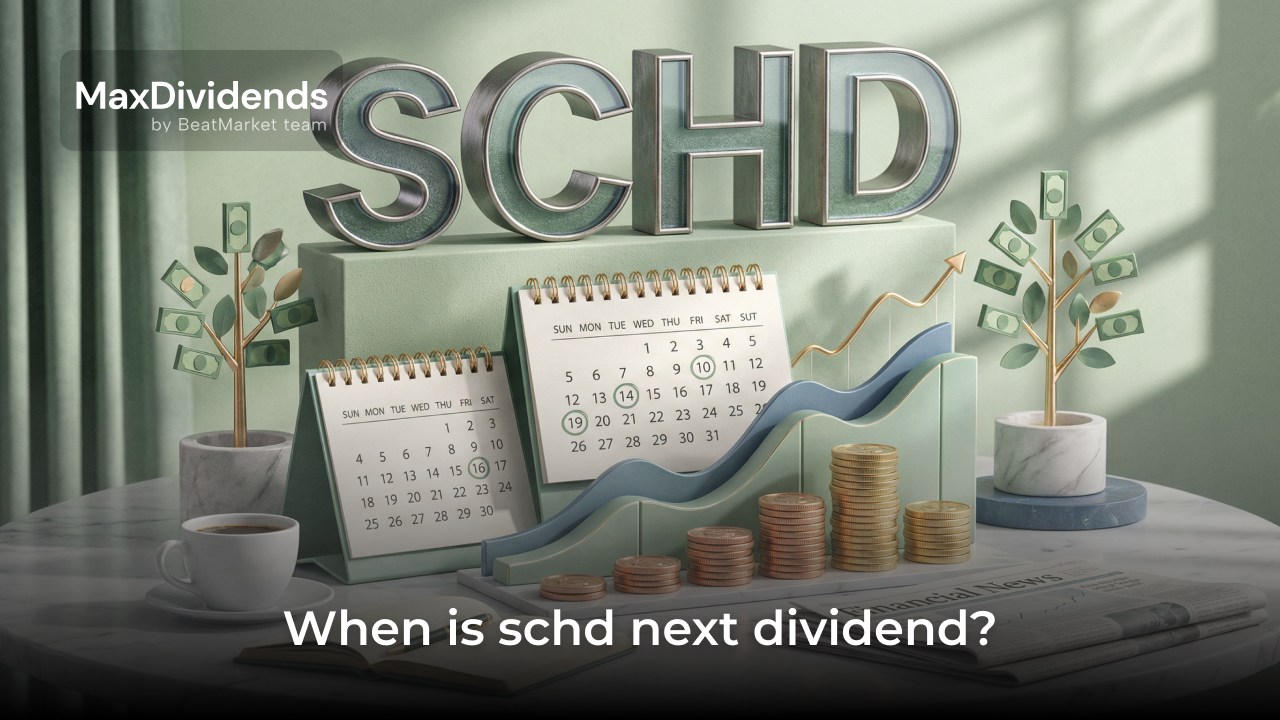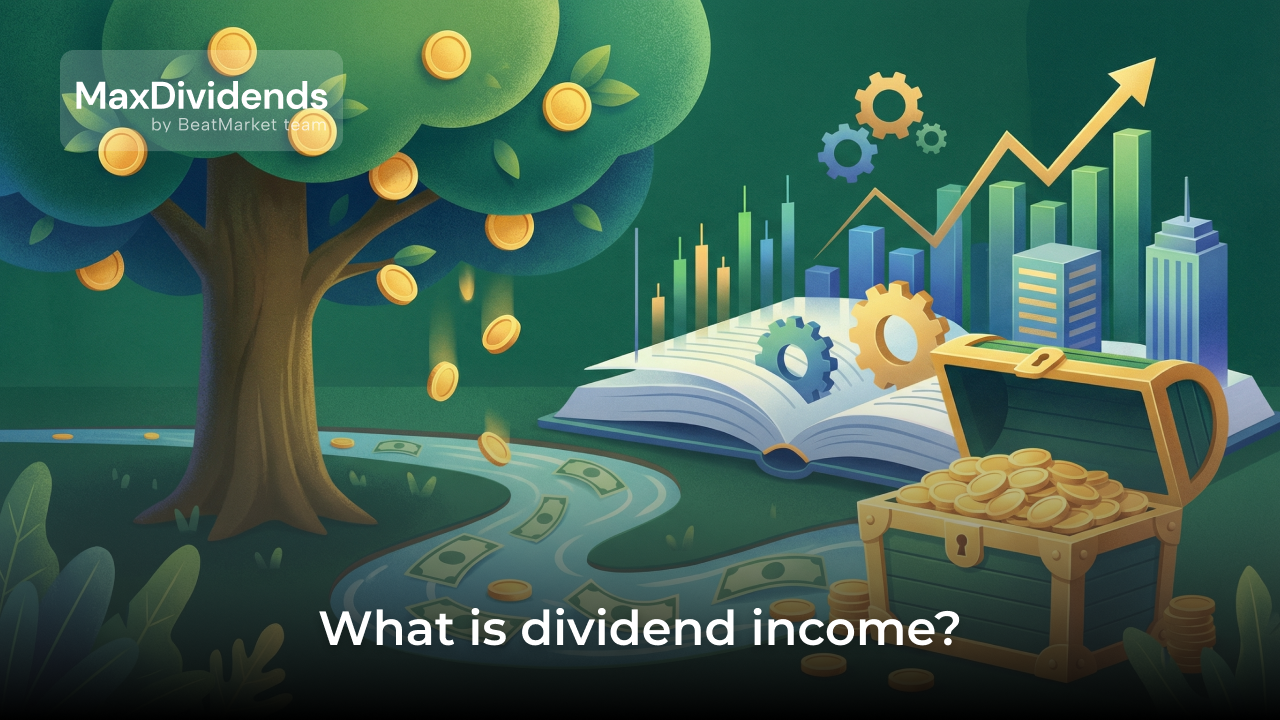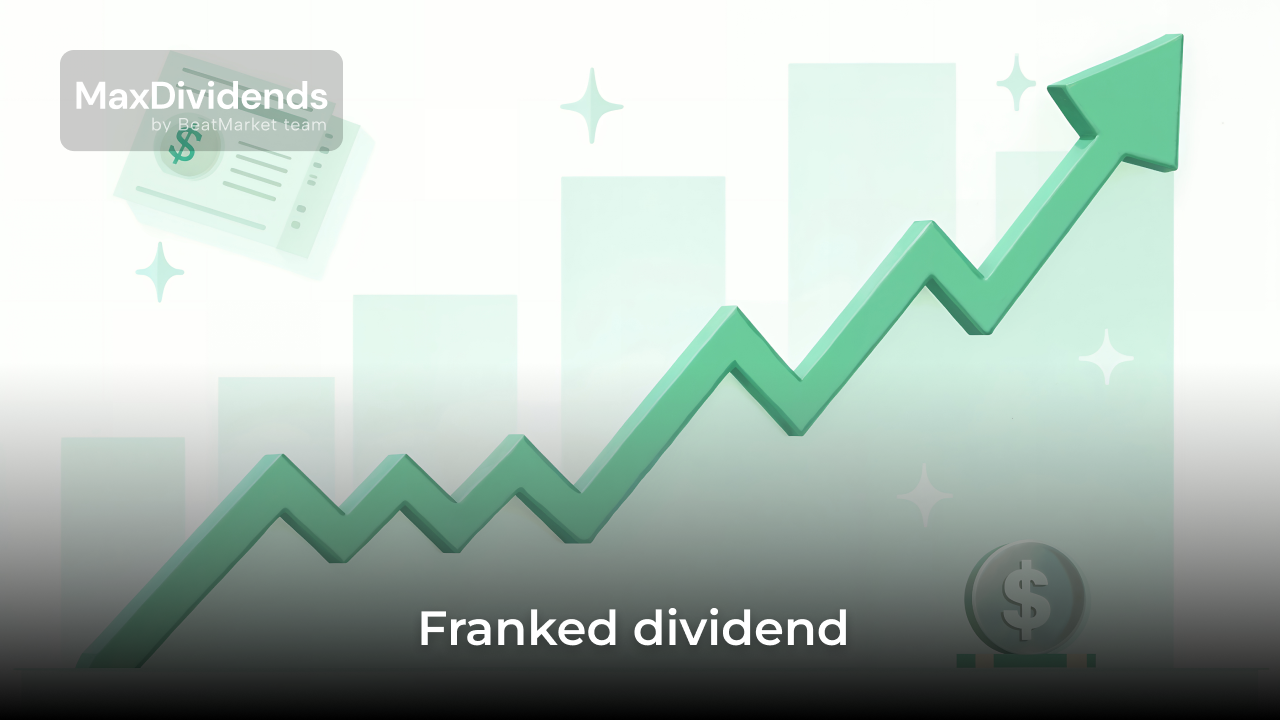The best way to ensure a prosperous financial future is to build a diversified portfolio of securities at a young age.
There are 11 reasons why it is important to start investing earlier in your life. The main one is the effect of time and compound interest, which makes capital begin to grow almost exponentially on the horizon of decades.
Table of Contents
why you should start investing when you are young
Financial consultants say the best time to start investing is when you graduate. This is the age of just over 20.
But there is really no such thing as too young to invest. The earlier the first step is taken, the more significant the result will be. That’s why today’s financial industry offers opportunities to start building capital even for teenagers.
Investing early develops discipline and conscious consumption. It also allows you to significantly increase the final size of your retirement portfolio.
Top Reasons to Start Investing at an Early Age
The main reason why it is important to start investing as early as possible is the compound interest. But there are many other positives to such a decision.
Time is your biggest asset.
Time is the only asset that cannot be replenished. When it comes to saving and investing, it plays a key role. The earlier a person starts creating wealth, the less effort it will take to reach the financial goal.
But time can also work against an investor. If he has delayed starting a retirement portfolio for most of his life, catching up in recent years will be extremely difficult.
You’ll have more money in the long run.
The key reason why one should start investing early is that the final amount of retirement capital mostly depends on how long one has built it up. The starting amount plays a less significant role.
The figure below shows two graphs of capital growth at an average annual return of 8%. In the first case, the investor invested $250k and added $250 a month for 10 years. In the second, $125k and $125 for 20 years.
You can afford to take risks early on.
One of the reasons why it is important to start investing early is to significantly increase one’s risk taking ability. If the investment horizon is 30-40 years, a person can afford to use volatile assets, such as growth stocks only.
The stock market as a whole is said to be rising over long periods of time. At least that was true for the SP500 index throughout the 20th and early 21st centuries.
On a shorter investment horizon (3-5 years or less) there is a high probability that an investor will face a drawdown in asset value at the time he needs to get his money back. That’s why he is forced to use less volatile and therefore less profitable instruments, such as bonds.
The earlier you start investing, the less you’ll have to save
By starting to build a retirement portfolio at a mature age, a person will be forced to save large sums each year in order to have time to accumulate enough money.
If, on the other hand, one starts at the age of 20, one can contribute considerably less to a retirement account. The final capital will still be higher due to compound interest.
In addition, early investment can be cheaper. For example, if you use a financial instrument like life insurance.
You can take advantage of compounding
There is such a thing as compound interest or compounding.
It comes down to the fact that a person reinvests the income he received earlier. This money, in turn, begins to bring him a profit on a par with the sums he saves from his salary.
The longer the period the money is in the account, the more meaningful the final financial outcome. It is important to start investing early to get the most out of compound interest.
For example, $125k invested at an average annual return of 5% will turn into:
- $159,500 after 5 years;
- $260 after 15 years;
- $540 after 30 years;
- $880,000 after 40 years
The main task of an investor who wants to take advantage of compound interest is not to spend the profits made, but to reinvest them so that this money can generate wealth.
Power of compounding
The “magic” of compound interest also works for young investors who do not have a significant starting sum. That is why you should not be put off entering the stock market. It makes sense to start even with a small capital.
For example, a person decides to invest $300 every month in securities, which yield 5% p.a. In 20 years his account will have just over $125 thousand, in 30 years – $252 thousand, and in 45 years – over $606 thousand.
The higher the average annual yield, the stronger the compound interest effect. The picture below shows how the capital grows with the same amount invested and an average annual return of 10%.
But this result can only be achieved if the person does not withdraw from the account and reinvests all the coupon payments and dividends received in addition to his own investments.
More Recovery Time
Investing always involves risk. There is a chance that soon after one starts building one’s portfolio, there will be a correction in the stock market or a period of a bear market.
By starting to build capital early and having a systematic investment plan, you can have time to compensate for this negative moment many times over. Below is a chart of the SP500 index. It shows that even if a person started building a portfolio before the dot-com crash or the 2008 crisis, he would still have made a profit by today.
In addition, a young investor has a higher risk appetite than one on the brink of retirement. He is highly likely to want to use highly volatile instruments: cryptocurrencies, stocks in companies like Tesla or Virgin Galactic, etc.
Even if the beginner makes a bad bet on a potentially high-yielding asset early in his financial journey, he will have plenty of time to recoup his losses.
Time Value of Money
By investing early, a person can obtain not only a solid retirement capital, but also financial independence before reaching old age.
Early investing also makes it possible to end one’s working life early, if one wishes to do so.
Secured Future
Situations may arise in a person’s life when money is urgently needed. One can go to the bank to solve the problem. But it is associated with unnecessary expenses in the form of interest on the loan. By starting early and having his/her own capital, a person will not depend on being considered a reliable borrower.
Become a Creditor
Through investing, a person builds up capital that can be invested in various projects or lent to others. For example, to the government or large companies through the purchase of bonds. Being a lender is much more profitable than being a borrower.
Support Your Retirement Plans
The main difficulty in investing at a younger age is the lack of money. But waiting until income is sufficient to make it comfortable to save part of it only worsens one’s situation.
Investing early, such as at age 20, and regularly funding your retirement account with an affordable amount is a much better solution than waiting decades to increase your income. The financial industry offers many opportunities for people with little capital:
- there are micro-investment apps that allow you to buy fractional stocks;
- many brokers are waiving transaction fees in order to attract clients with small transaction volumes;
- mutual funds are lowering the entry threshold and waiving commissions for buying and selling securities;
- ETFs are available on the exchange, with just $10 to buy, while they already represent a balanced basket of assets.
There are also many platforms to help the beginner understand investments. If you wish, you can use the help of a free robo-advisor to draw up a retirement plan.
But of course, the first step before you start investing is to draw up a budget. It should take into account basic expenses so that one does not end up buying stocks at the expense of paying bills. The main challenge is to find a balance between saving and spending.
Consider an example:
The following table compares the performance of investors who started building up the retirement capital at different lifetimes. The calculation is based on monthly contributions of $500 and an average annual return of 8%.
| Age at the start of investment (years) | 50 | 40 | 30 | 25 | 20 |
| Investment period until age 60 ( years) | 10 | 20 | 30 | 35 | 40 |
| Total amount saved over the years of the investment, $ ths. | 60 | 120 | 180 | 210 | 240 |
| Total amount of capital, $ ths. | 93,8 | 296,5 | 734 | 1 116 | 1 678 |
As you can see from the table, reducing the investment term by just 5 years takes away almost a third of the income. So starting investing early is the most sensible thing to do.
Conclusion
There are many benefits of investing early. Through this step, one quickly learns how to build an effective financial model. Even little investments into a retirement account made at a young age have a tremendous impact on the bottom line through compound interest.
Just as important as an investor’s age is the systematicity of funding the account. By regularly saving for retirement, a person implements a dollar-averaging strategy, i.e. buys assets in periods of both rising and falling prices.
This makes it more likely that he or she will have a better average price and greater profit than someone who only started investing closer to retirement.






